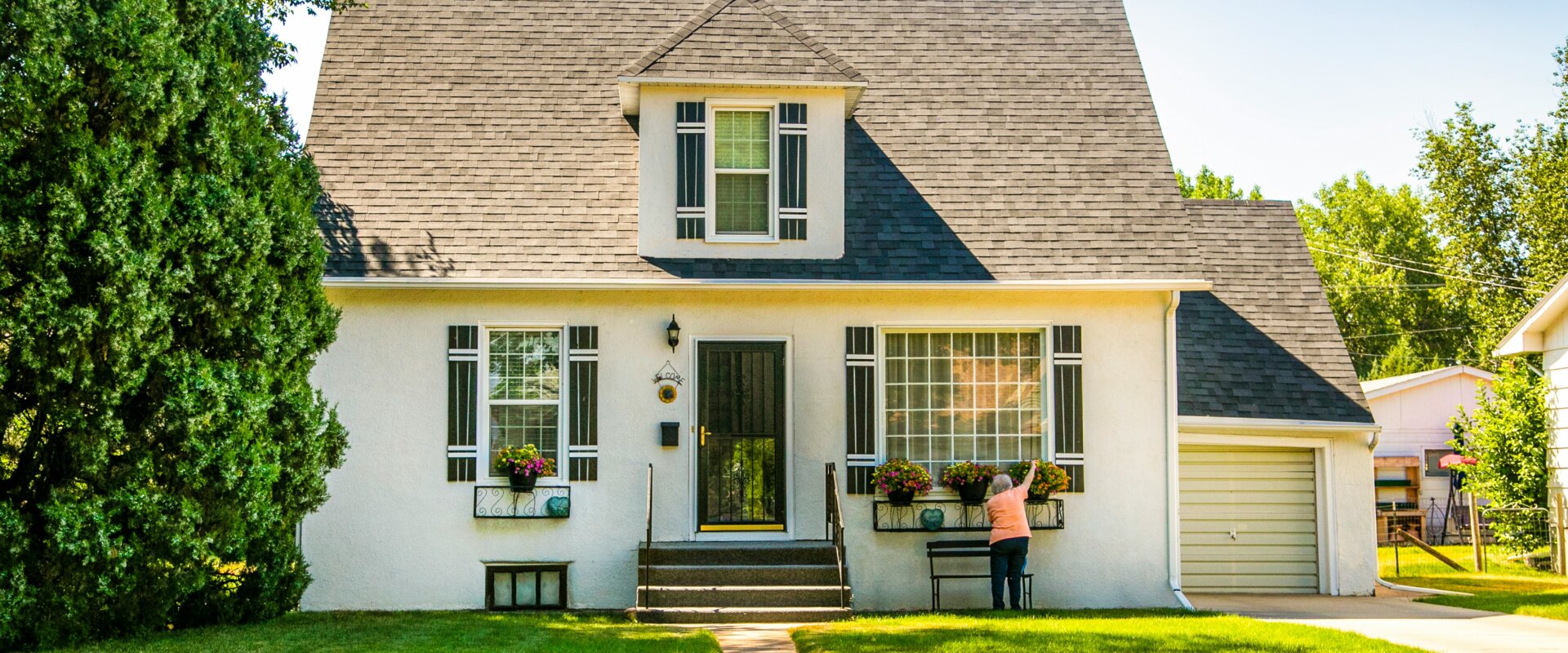Building a new home in Colorado is an exciting venture, nestled in the lap of the Rocky Mountains and surrounded by breathtaking landscapes. However, the timeline for constructing a new home can vary based on several factors. Let’s dive into the key elements that influence the duration of building a home in Colorado.
1. Permitting Process: Colorado, like any state, has its own set of regulations and permitting processes. Before construction begins, you’ll need to obtain the necessary permits. The time it takes to secure these permits can vary based on the location, the complexity of the project, and the responsiveness of local authorities. On average, it may take several weeks to a few months.
2. Design and Planning: The design phase is a crucial step that sets the foundation for the entire project. This involves working with architects and designers to create a blueprint that aligns with your vision and complies with local building codes. Depending on the complexity of the design and the revisions needed, this stage can take a few months.
3. Construction: The actual construction timeline can be influenced by various factors, including the size and design of the home, weather conditions, and the availability of construction materials and labor. Colorado’s weather, with its chilly winters, can impact construction schedules. Snow and freezing temperatures may slow down outdoor work, so it’s essential to plan for seasonal variations.
4. Location and Site Conditions: Colorado’s diverse topography presents unique challenges. The terrain, soil conditions, and accessibility to the construction site can affect the time it takes to build. Building on a mountainside may require additional engineering considerations and construction time compared to a flat suburban area.
5. Builder’s Experience and Resources: The experience and resources of the chosen builder play a significant role. Established builders with a track record of successful projects are likely to have streamlined processes and better access to skilled labor and materials, potentially speeding up the construction timeline.
6. Customization and Features: If you’re incorporating unique features or customizations into your home, it may add extra time to the construction process. Intricate designs, special materials, or specific requests can extend the timeline, as these elements often require additional planning and craftsmanship.
7. Inspections and Approvals: Throughout the construction process, various inspections and approvals are required to ensure compliance with building codes and safety standards. Delays in scheduling inspections or addressing issues identified during inspections can impact the overall timeline.
While it’s challenging to provide an exact timeframe for building a new home in Colorado, a rough estimate could range from six months to over a year. It’s essential to work closely with your builder, stay informed about local regulations, and be prepared for potential delays. By understanding the unique factors influencing the construction process in Colorado, you can embark on this exciting journey with realistic expectations and a well-thought-out plan.


